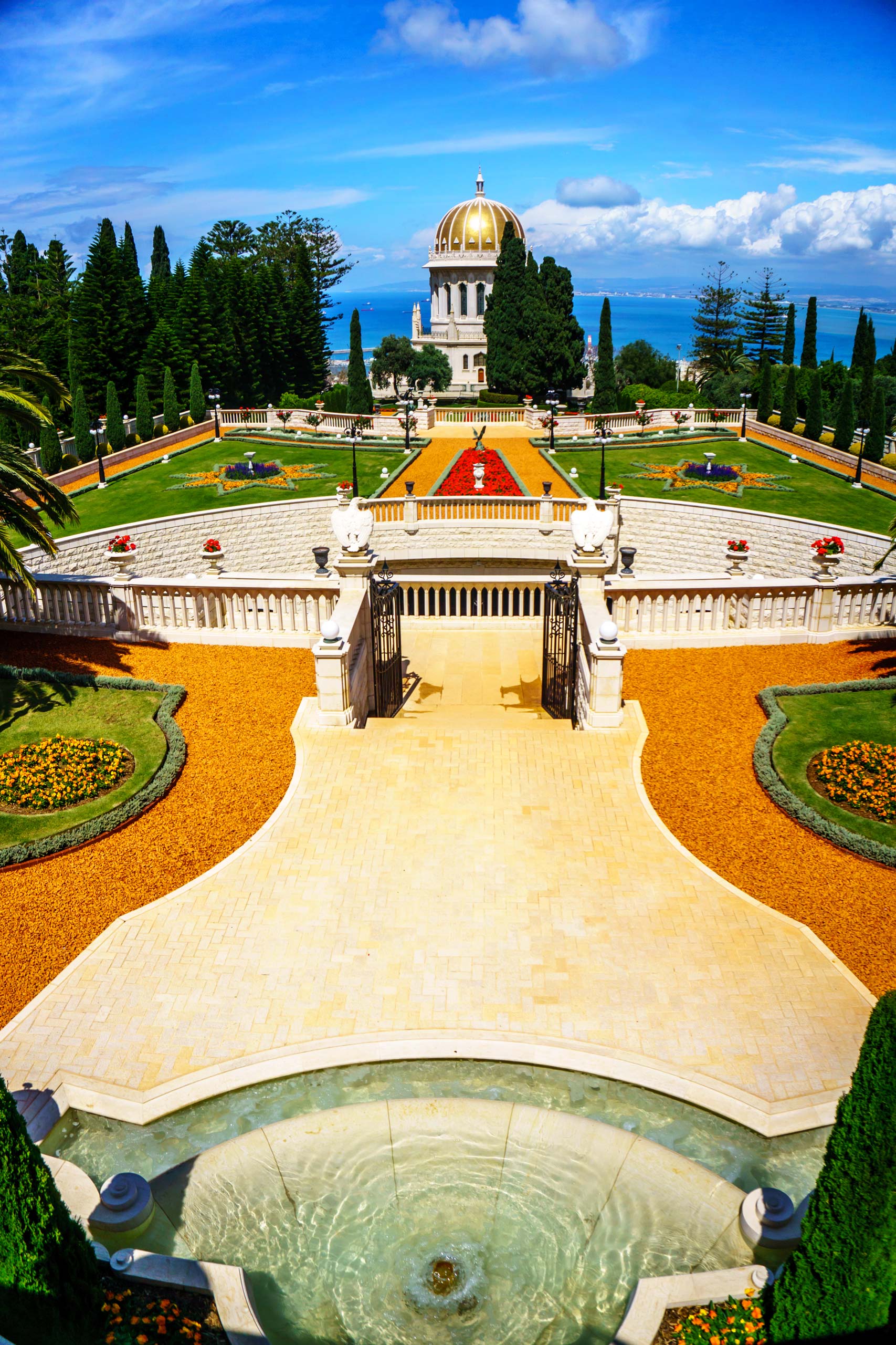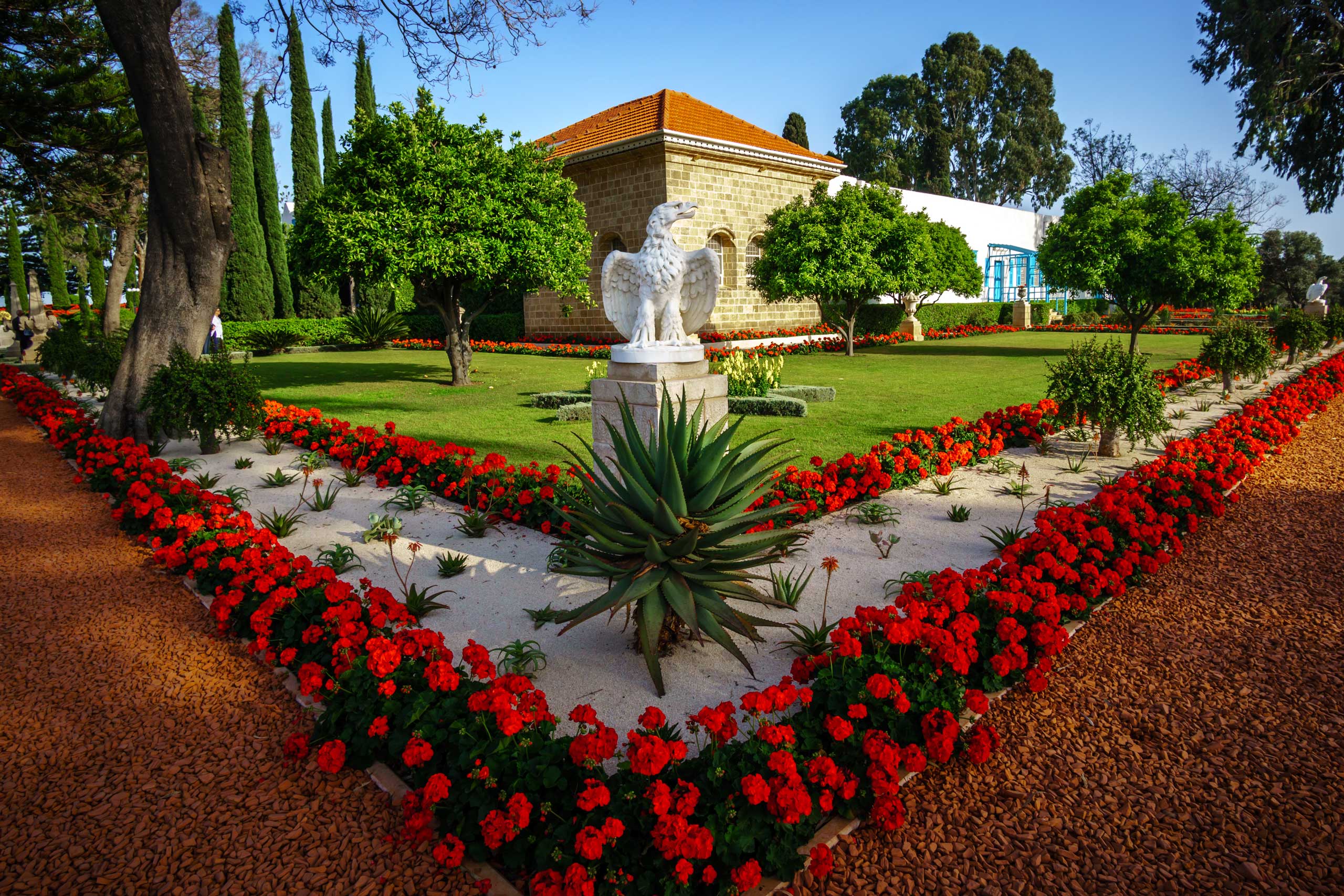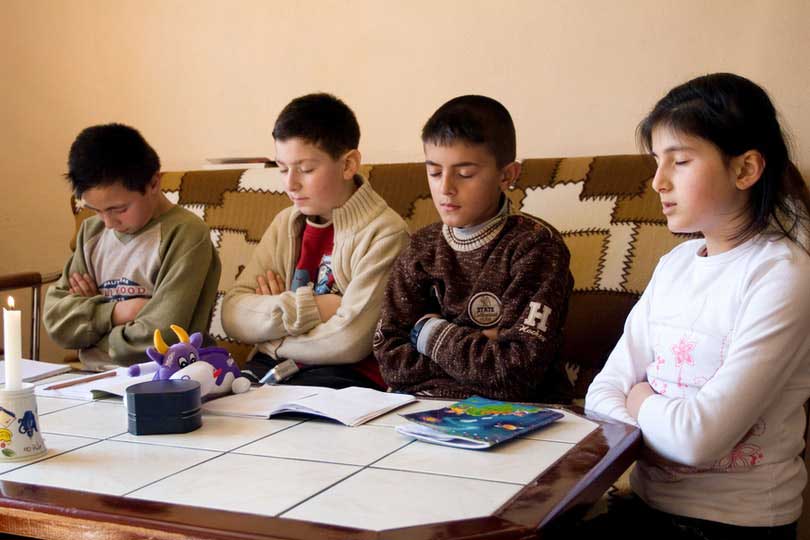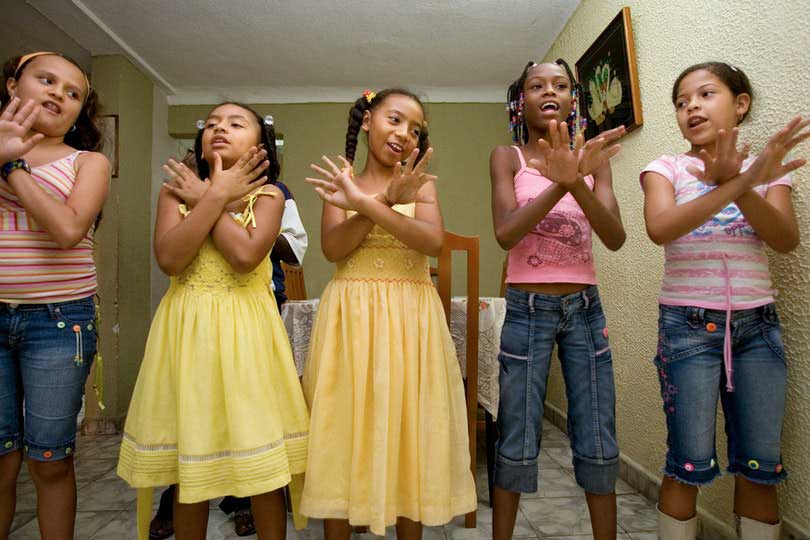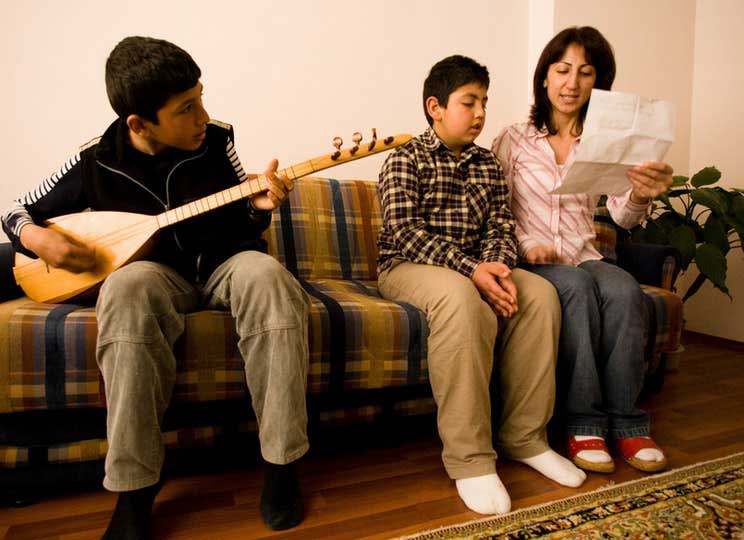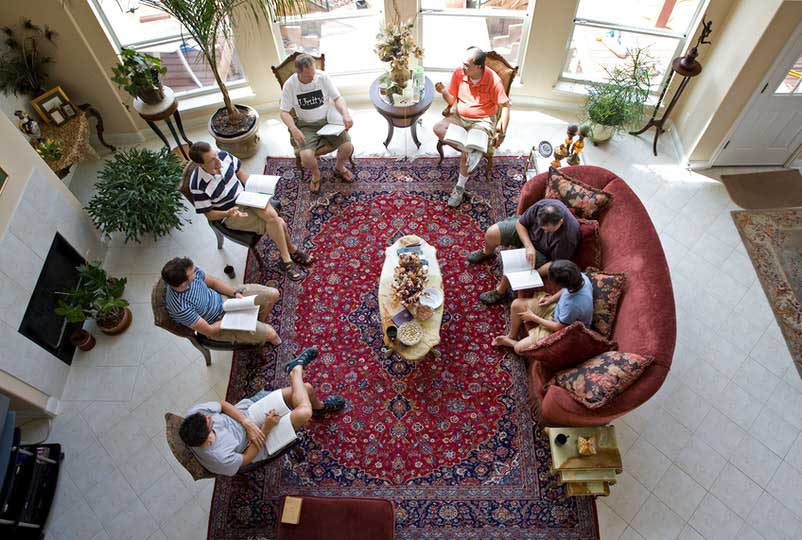About
The Bahá’ís of Port Coquitlam

About
Who are the Bahá’ís
of Port Coquitlam
The Bahá’í Faith began in 1844 and has been present in Canada since 1898. It has grown to more than 35,000 people across the country, who together represent Canada’s rich cultural and ethnic diversity. The Bahá’í community of Port Coquitlam is one of over 1000 local Bahá’í communities in Canada. In neighbourhoods across our community, Bahá’ís and their friends of all races, ages, and social classes engage to build a community that brings together both the material and spiritual necessities of life. inspired by the teachings of Bahá’u’lláh, the founder of the Bahá’í Faith.
Bahá’u’lláh’s teachings state that, regardless of race, gender, class or creed, “all human beings have been created to carry forward an ever-advancing civilization”
The advancement of a peaceful global society prosperous in both its material and spiritual dimensions implies that the spiritual and practical aspects of life are to advance together. The Bahá’í community of Port Coquitlam strives to contribute to the betterment of society, through grassroots community building initiatives carried out by small groups of individuals in the various neighbourhoods across the city. Everyone willing to participate in this process is welcome.

Joining
How do I become a Bahá’í
“To be a Baha’i simply means to love all the world, to love humanity and try to serve it; to work for universal peace and universal brotherhood.”
‘Abdu’l-Bahá
Becoming a Bahá’í means recognizing Bahá’u’lláh as the Messenger of God, accepting His unifying teachings and following the path of spiritual development with the guidance of the Bahá’í teachings. There is no formal process, baptism or ceremony involved. If you recognize Bahá’u’lláh and are ready to make the inner, spiritual decision to embrace the teaching and principles of the Bahá’í Faith, then you are a Bahá’í. In order to fully participate in all the community events and gatherings, you would normally inform the Local Spiritual Assembly of your beliefs and a declaration card may be signed.

Activities
What does Bahá’í
Community Building Look Like
Devotional Life
Prayer is integral to Bahá’í life, whether at the level of the individual, the community, or the institutions. Bahá’ís turn their hearts in prayer to God repeatedly throughout the day—imploring His assistance, supplicating Him on behalf of loved ones, offering praise and gratitude, and seeking divine confirmations and guidance.
With a firm conviction in the inherent nobility of human beings, Baha’is believe that the betterment of society requires the systematic and sustained nurturing of the capacities and qualities inherent to the individual. Education is the process that allows the vast potentialities of every individual to be harnessed for the upliftment of society. To contribute to true prosperity, education must address both the spiritual and the material dimensions of human existence.
Children’s Classes
Classes for the spiritual education of children are held in diverse settings focusing on the development of spiritual qualities and the beliefs, habits and patterns of conduct that enrich a person spiritually.
Jr. Youth Programs
Falling between the ages of 12 and 15 and representing a transition from childhood to youth, young adolescents—referred to as “junior youth”—experience rapid physical, intellectual, and emotional changes. The programs aim to provide youngsters with a profound understanding of their own potential, directing their new abilities towards selfless service to humanity.
Study Circles
Central to the various community-building endeavours initiated by the Baha’i community throughout the world is a decentralized educational process that builds capacities of youth and adults to initiate various programs and activities necessary for building vibrant and prosperous community life. This educational process is offered in small, informal groups called ‘study circles’. The curriculum of these study circles, which is based on the words of God, aims to foster intellectual, moral, spiritual, and practical capacities of people of all backgrounds
Topics include the nature of the soul, the basic teachings of the Baha’i Faith, the lives of its Founders, and training for children’s class teachers and youth mentors.

